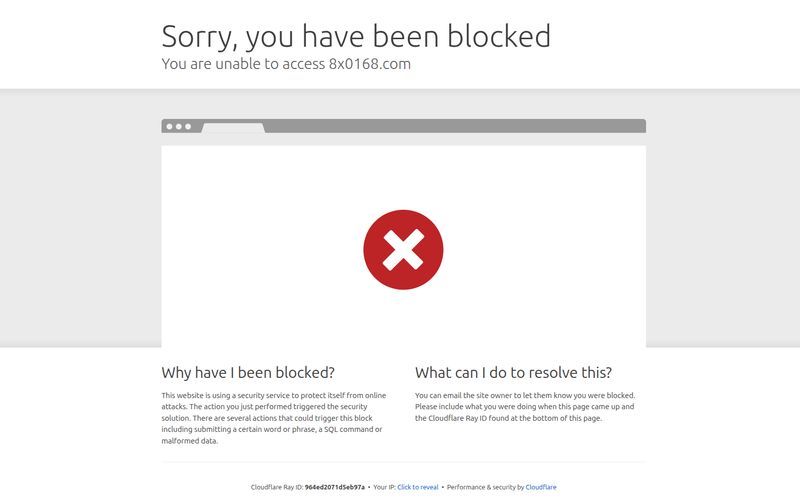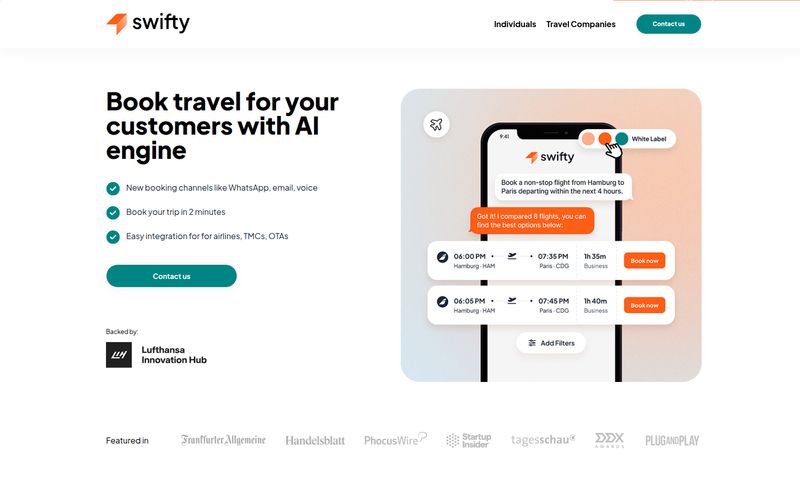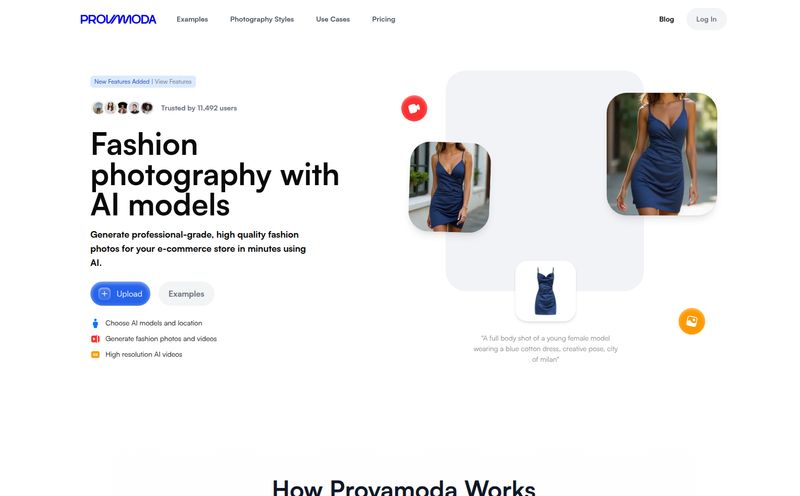Every week, my inbox gets flooded with pitches for the “next big thing” in AI. AI for writing, AI for coding, AI for making your cat famous on TikTok. I’ve seen it all. Most of it, frankly, is noise. But every so often, something cuts through that noise. Something that makes you sit up a little straighter and say, “Huh. Okay, what’s this then?”
That’s the feeling I got when I stumbled upon Tidalflow. On the surface, it’s another player in the crowded digital health space. But a few things immediately stood out, starting with a very prominent badge on their homepage: “Backed by Google’s AI VC.”
Now, that’s not just a fancy sticker. In the world of tech and startups, that’s a massive vote of confidence. It’s like getting a seal of approval from the folks who basically wrote the book on modern AI. It means there’s serious technology and a serious vision at play here. So, naturally, I had to dig in.
So, What is Tidalflow Supposed to Be?
Peeling back the minimalist, slick-black website, the core idea is surprisingly simple and, I have to admit, pretty smart. Tidalflow describes itself as “Your new AI Personal Trainer.” But instead of making you download yet another app that you’ll forget about in three weeks (we all have a folder of those, don't lie), it operates almost entirely through… WhatsApp.
Yep. The same app you use to coordinate with your family and share memes with friends. The goal isn’t just to give you workout plans or count your calories. The company’s mission is to redefine consumer health by focusing on the one thing most apps fail at: motivation. They want to use AI to provide personalized health mentorship that helps you turn that initial spark of motivation into actual, lasting habits. It’s less of a drill sergeant and more of an ever-present, super-intelligent guide in your pocket.

Visit Tidalflow
The AI Coach in Your Chat List
I find this WhatsApp approach fascinating. On one hand, it's brilliant. It removes a huge barrier to entry. There’s no new interface to learn. The communication is asynchronous, so you can check in when it suits you. It feels personal, conversational. It’s a bit like having a health-conscious friend who just happens to be a ridiculously powerful AI.
On the other hand, it raises questions for me. Do I want my health journey sitting right next to a group chat planning a weekend BBQ? The blending of personal life and personal health is an interesting line to walk. For some, it might be the secret sauce to consistency; for others, it could feel a little… invasive. I guess it all comes down to execution.
The Power of a Google Backing
Let's circle back to that Google AI VC detail for a second, because it’s a big deal. Venture capital firms, especially specialized ones like Gradient Ventures (Google's AI-focused fund), don’t just throw money around. They invest in teams and technology they believe can genuinely disrupt an industry. Their backing suggests that Tidalflow’s AI isn't just a simple chatbot running on pre-written scripts.
This implies a deeper level of personalization. An AI that can potentially understand your excuses, recognize your patterns, and offer nudges that are genuinely helpful, not just annoying. It's the difference between a canned “Time for your workout!” notification and a message that says, “Hey, I noticed you’ve had a really busy week. How about we try a quick 15-minute de-stress session instead of that intense HIIT workout?” That’s the dream, anyway.
A Look at the Pros and Potential Pitfalls
Based on what we know, let's break it down. The upsides are pretty clear. You get personalized mentorship that’s far more accessible and affordable than a human trainer. The convenience of WhatsApp is a major plus for anyone tired of app overload. And the entire system is built on habit formation science, which is the cornerstone of any successful health change. It's a solid foundation.
However, my inner SEO-analyst can’t help but notice the current state of their digital presence. The website is sleek but also a bit sparse on details. When you try to click on some links, you might hit a 404 page, and there are “Coming Soon” sections. This tells me they are still very much in the early stages, possibly in a beta phase or gearing up for a larger launch. There’s also an interesting inconsistency—I saw © 2024 on one page and © 2025 on another. A minor slip, sure, but it's the kind of thing a real human blogger notices!
This early stage also means there’s a reliance on WhatsApp that might not be for everyone, and the success of the whole thing definately hinges on your own engagement. The AI can be the best in the world, but it can’t do the push-ups for you.
The Million-Dollar Question: What’s the Price?
As of right now, there's no public pricing information. The pricing page doesn't exist yet. This isn't uncommon for a platform in its infancy. I would speculate we’re looking at a subscription model. Perhaps a monthly or annual fee that would still be significantly less than hiring a one-on-one coach. They might offer different tiers—maybe a basic plan with automated check-ins and a premium one with more advanced AI analysis or features. We’ll have to wait and see on that front.
FAQs about Tidalflow AI
What exactly is Tidalflow?
Tidalflow is an AI-powered company that offers personalized health mentorship through WhatsApp. Think of it as an AI personal trainer and habit coach that you can chat with anytime.
How is AI used in this service?
The AI is designed to understand your goals, lifestyle, and motivation levels. It provides personalized advice, protects your motivation, and helps you build lasting healthy habits through conversation, rather than just sending generic plans.
Is Tidalflow just a chatbot?
While it uses a chat interface, the backing from Google's AI VC suggests it's much more sophisticated than a simple chatbot. It likely uses advanced machine learning to provide truly adaptive and personalized mentorship.
Do I need to download another application?
Nope. One of its main selling points is that it operates within WhatsApp, an app most people already have and use daily. This reduces friction and makes it easier to engage with.
Is it available now?
It appears to be in an early stage or beta phase. The website is live, but some sections are still under construction, suggesting a full public launch might be on the horizon.
What about my privacy?
That's a valid question. The company has a privacy policy on its site, but users should always be mindful when sharing health data. Given its high-profile backing, I'd expect them to take data security very seriously.
My Final Thoughts on Tidalflow
So, what's the verdict? I’m cautiously optimistic. I love the concept. Using a powerful AI within an existing, everyday app to solve the biggest problem in personal health—consistency—is a brilliant move. The backing from Google’s AI team lends it a ton of credibility.
Is it going to change the world tomorrow? Probably not. It’s still a sapling in a forest of giant health-tech trees. But the seed of the idea is incredibly strong. If they can nail the AI personalization and make the experience feel truly supportive, Tidalflow could be a name we hear a lot more in the coming years. I, for one, will be keeping a close eye on this one. It's not just another app; it's a new approach. And that’s always worth watching.
Reference and Sources
- Tidalflow Official Website: https://www.tidalflow.ai/
- Google's AI Fund (Gradient Ventures): https://www.gradient.com/



